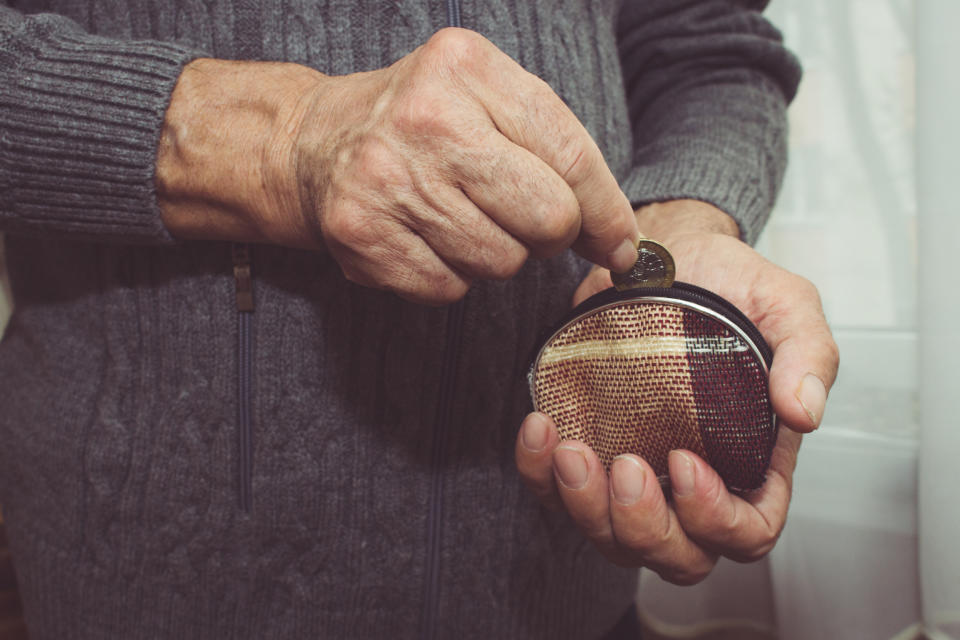UK's shame: 8 million people in working households in relative poverty

Eight million people in the UK who live in working households are in relative poverty, according to a new report from the Institute for Fiscal Studies (IFS).
The proportion of Brits in working households living in relative poverty has jumped by 40% since 1994, the report says.
Higher housing costs for low-earning households contributed significantly to the increase, the IFS said on Wednesday, noting higher private and social rents and lower rates of home ownership.
The research, which was funded by the Joseph Rowntree Foundation, found that a growth in housing costs has forced an additional one million working people into poverty.
Overall, some 18% of people living in working households do so in relative poverty.
Relative poverty is defined as the proportion of people whose annual household income is lower than 60% of the median income in a given year.
At the same time, the report has found that the average income of a pensioner has surged in the past 25 years, something that explains why average incomes have increased even as more working-age families live in relative poverty.
As a result of lower income and increased housing costs, around eight million people living in low-income households were in relative poverty by 2017.
An increase in the number of single parents at work has also contributed to the rise.
Xiaowei Xu, an economist at the IFS, noted that the jump in the number of working single parents was nonetheless “a positive trend.” Even though they may be living in relative poverty, they are likely to be better off than if they were not working.
Campbell Robb, the CEO of the Joseph Rowntree Foundation, said that the report made it clear that “increasing employment isn’t always a reliable route to better living standards.”
“High housing costs, low pay and insecure hours are holding many people back despite more people moving into work,” he said.
Tom Waters, another economist at the IFS, noted, however, that rates of material deprivation — which measures whether households feel unable to afford basic items such as keeping the home warm — “have clearly declined” across all areas of the income spectrum.
A government spokesperson said that tackling poverty was a key focus area, and that it wanted to ensure “that work pays and there is a strong safety net for people who need it.”
They pointed to the increase in the national living wage and its decision to raise the personal tax allowance, which it says will mean more than 1.7 million people of the lowest paid people will not have to pay income tax.

 Yahoo Finance
Yahoo Finance 
